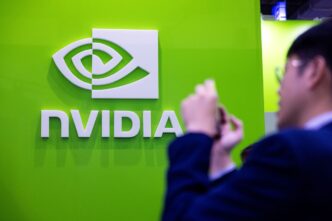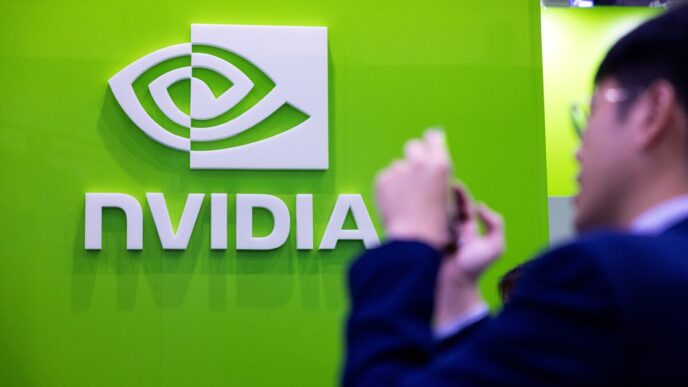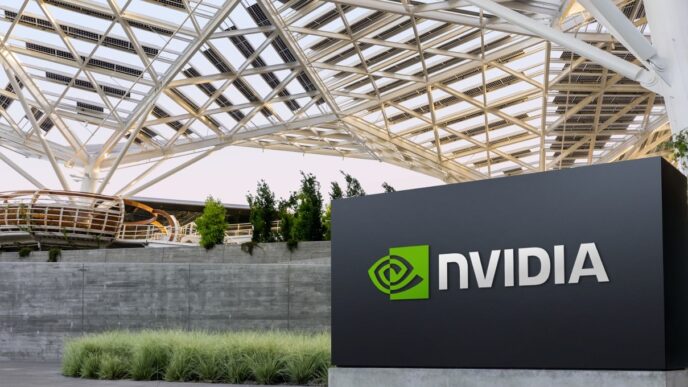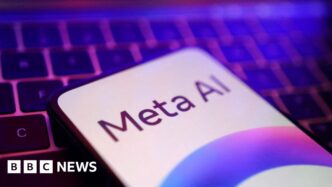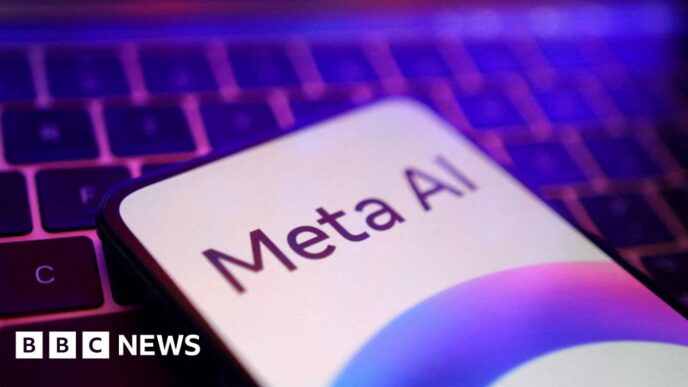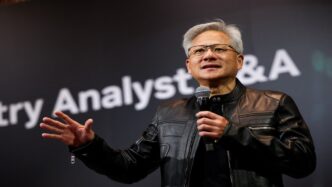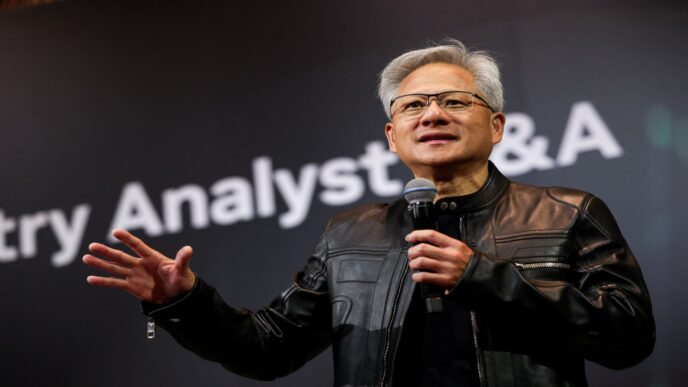Synthesia launched an AI voice-cloning tool that nails UK regional accents better than many US and Chinese rivals.
The company spent a year building a UK voice database, recording people in studios and scraping online clips. The result is Express-Voice, which can clone real voices or generate synthetic ones with accurate regional accents.
Customers pushed for this. Synthesia’s Head of Research, Youssef Alami Mejjati, said preserving accents matters — not just for CEOs, but regular folks too.
"If you’re the CEO of a company, or if you’re just a regular person, when you have your likeness, you want your accent to be preserved," Youssef Alami Mejjati stated.
"This is just because the companies building these models tend to be North American companies, and they tend to have datasets that are biased towards the demographics that they’re in."
The problem: most voice AIs train on North American or southern English sources, producing generic-sounding AI voices. The hardest accents to mimic? The rare ones — they lack enough training data.
Other companies take different routes. US startup Sanas builds tools to “neutralize” Indian and Filipino accents in call centers, aiming to cut down on accent discrimination.
Accent tech has its risks
Languages and dialects face digital extinction. Only 0.2% of languages get solid GPT-4 support, per AI expert Henry Ajder, who also advises Synthesia. He warns:
"Language models are homogenising speech," Henry Ajder noted.
"The open source landscape for voice has evolved so rapidly over the last nine to 12 months," Ajder added.
"And that, from a safety perspective, is a real concern."
Better voice AI means better scams. July saw fake AI-cloned voices impersonate US Secretary of State Marco Rubio, targeting ministers. Synthesia’s Express-Voice won’t be free and will block hate speech and explicit content, but countless free, open-source voice tools remain out there, with fewer protections.
Express-Voice drops in the next few weeks, promising regional accuracy — but also shining a spotlight on rising voice AI risks.



